Last week a researcher named Nicholas Gibbs claimed to have finally deciphered the mysterious Voynich Manuscript, a text from the Renaissance that has defied translation for centuries. Gibbs' "solution" garnered a lot of attention, but then experts on the manuscript weighed in. Gibbs' basic idea is not necessarily wrong, but it also isn't that original. The text does look like a bunch of abbreviated Latin, especially when compared with other texts of the period - but the abbreviations aren't standard, so they could mean just about anything.
A couple of points here. The complete failure to decipher the manuscript points to it being a code rather than a cipher. A cipher is a translation that is performed letter by letter, while a code is translated word by word. It is known in cryptography circles that without some sort of reference or code book, it is basically mathematically impossible to crack all but the simplest codes. So something like Gibbs' "abbreviated Latin" might be in play here, but we don't know what the code reference might have been. It could have been an index of some kind, though the manuscript only has a few missing pages. It might also be an entirely separate text that so far has not been found.
But basically, all of this is old news. All Gibbs really did was assemble a bunch of research put together by other people and call it a "solution," when in fact it's no such thing. Looking at the text and saying "this is a code" is not exactly a difficult conclusion to reach. You can say "the code book was in the index," but nobody knows if there even was one. The missing pages could be something else entirely. The diagrams do suggest a treatise on women's health, but again, this isn't Gibbs discovery either. It has also been noted previously by other researchers.
Gibbs' day job is as a television writer, so it has been suggested that his work may be associated with some sort of upcoming television series - maybe one of those highly speculative "documentaries" that air on cable networks like the Discovery Channel and the History Channel. I suppose we'll just have to wait and see on that one.
As soon as Gibbs' article hit the Internet, news about it spread rapidly through social media (we covered it at Ars too), arousing the skepticism of cipher geeks and scholars alike. As Harvard's Houghton Library curator of early modern books John Overholt put it on Twitter, "We're not buying this Voynich thing, right?" Medievalist Kate Wiles, an editor at History Today, replied, "I've yet to see a medievalist who does. Personally I object to his interpretation of abbreviations."
The weirdly-illustrated 15th century book has been the subject of speculation and conspiracy theories since its discovery in 1912. In his article, Gibbs claimed that he'd figured out the Voynich Manuscript was a women's health manual whose odd script was actually just a bunch of Latin abbreviations. He provided two lines of translation from the text to "prove" his point.
However, this isn't sitting well with people who actually read medieval Latin. Medieval Academy of America director Lisa Fagin Davis told The Atlantic's Sarah Zhang, "They’re not grammatically correct. It doesn’t result in Latin that makes sense." She added, "Frankly I’m a little surprised the TLS published it...If they had simply sent to it to the Beinecke Library, they would have rebutted it in a heartbeat." The Beinecke Library at Yale is where the Voynich Manuscript is currently kept. Davis noted that a big part of Gibbs' claim rests on the idea that the Voynich Manuscript once had an index that would provide a key to the abbreviations. Unfortunately, he has no evidence for such an index, other than the fact that the book does have a few missing pages.
The idea that the book is a medical treatise on women's health, however, might turn out to be correct. But that wasn't Gibbs' discovery. Many scholars and amateur sleuths had already reached that conclusion, using the same evidence that Gibbs did. Essentially, Gibbs rolled together a bunch of already-existing scholarship and did a highly speculative translation, without even consulting the librarians at the institute where the book resides.
A couple of points here. The complete failure to decipher the manuscript points to it being a code rather than a cipher. A cipher is a translation that is performed letter by letter, while a code is translated word by word. It is known in cryptography circles that without some sort of reference or code book, it is basically mathematically impossible to crack all but the simplest codes. So something like Gibbs' "abbreviated Latin" might be in play here, but we don't know what the code reference might have been. It could have been an index of some kind, though the manuscript only has a few missing pages. It might also be an entirely separate text that so far has not been found.
But basically, all of this is old news. All Gibbs really did was assemble a bunch of research put together by other people and call it a "solution," when in fact it's no such thing. Looking at the text and saying "this is a code" is not exactly a difficult conclusion to reach. You can say "the code book was in the index," but nobody knows if there even was one. The missing pages could be something else entirely. The diagrams do suggest a treatise on women's health, but again, this isn't Gibbs discovery either. It has also been noted previously by other researchers.
Gibbs' day job is as a television writer, so it has been suggested that his work may be associated with some sort of upcoming television series - maybe one of those highly speculative "documentaries" that air on cable networks like the Discovery Channel and the History Channel. I suppose we'll just have to wait and see on that one.













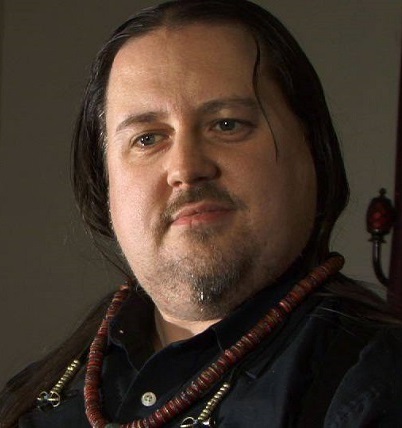

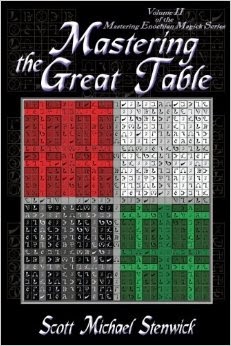

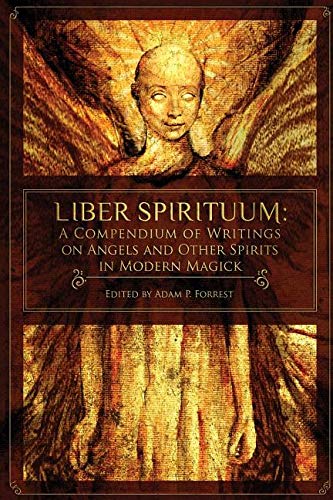
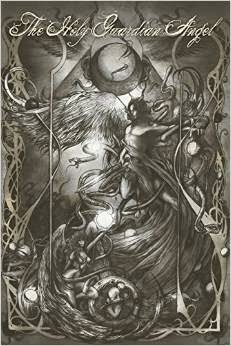

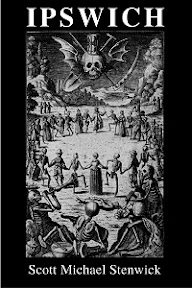
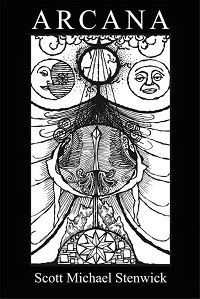

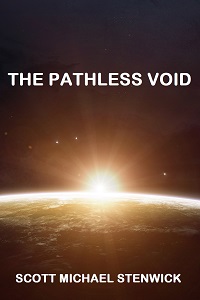

No comments:
Post a Comment